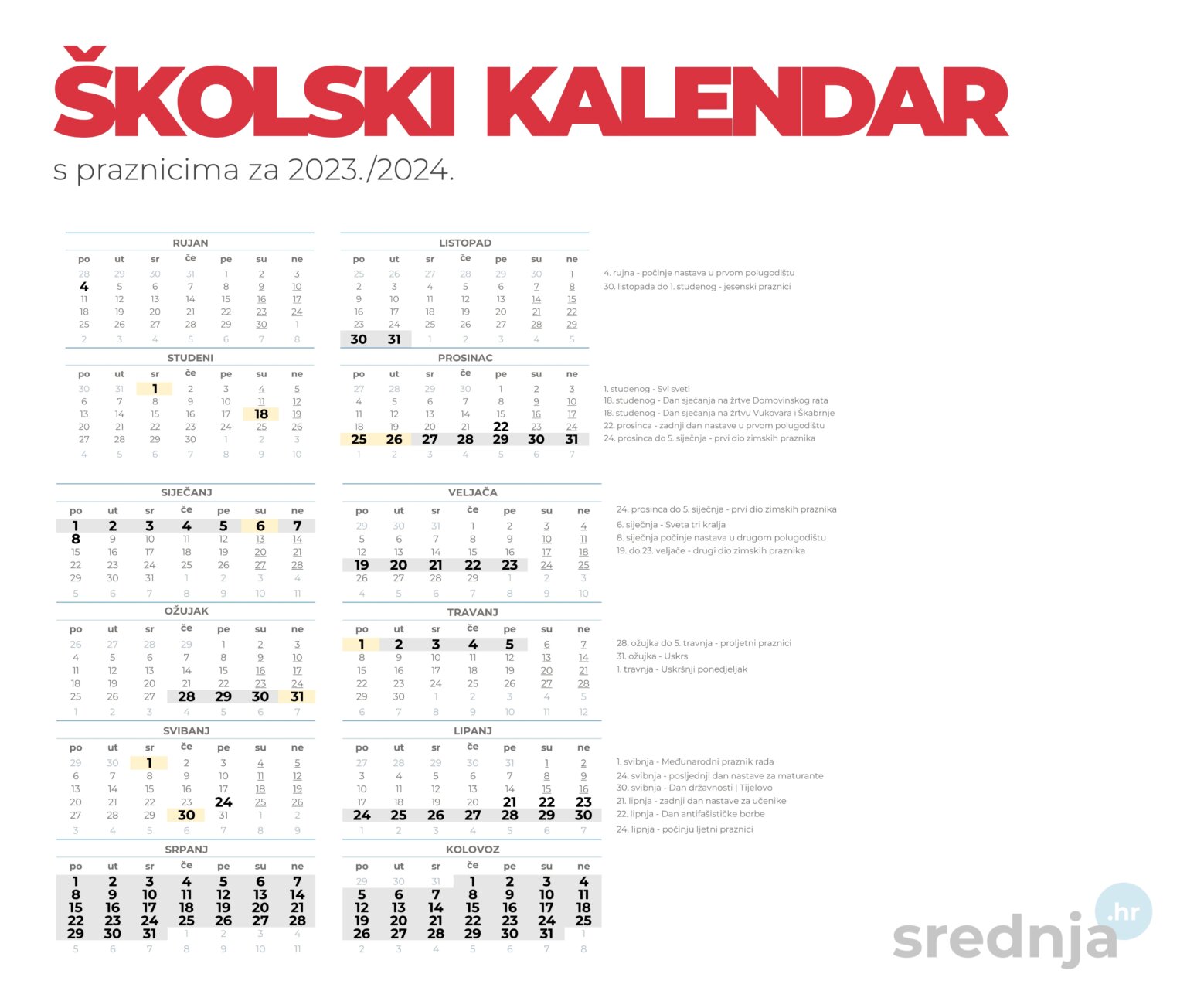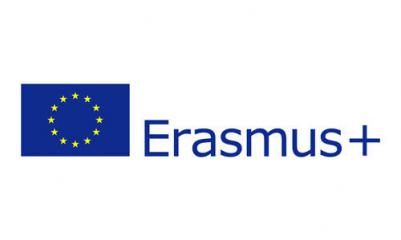CLIMATE AND CLIMATE CHANGES. THE INFLUENCE OF CLIMATE ON HUMAN POPULATION
This project arose as a response to the needs of 5 partner schools form different regions in Europe. For the use of the project a set of common educational goals intended to be achieved by all partners was as follows: developing co-operative work among our students and institutions, and the use of new technologies. Improving the students’ and teachers’ language competence, promoting co-operation between educational institutions in different countries in order to deal with the same problems, improving the students’ knowledge of the European cultures, making our students aware of the importance of taking measures against the climate change. Apart from the coordinating institution from Spain, three other schools from Poland, Lithuania and Croatia took part in the project (the fifth school from Slovakia withdrew when the project was accepted).
We planned two transnational meetings at the beginning of each year of the project in order to plan work, monitor the activities and present the results. The first meeting took place in Elda, Spain in November 2015, the other one in Cracow in September 2016. Two representatives of each institution took part in each meeting. We also completed two mobilities in the project with five students and two teachers from partner schools in each one. The first one was in Gospić in Croatia in May 2016, the second one in Kaunas in Lithuania in May 2017. Both meetings were organised in order to present the results of each stage of the project, to summarise, to get to know each country’s culture and traditions, to exchange experience and good practices and to develop language skills of both the students and the teachers participating in the project.
We have chosen the theme of climate and climate change as a fundamental axis of our project, firstly because it is one of the European educational objectives which are compiled in the curriculums of different areas and move on to them. When we used these objectives as principal support, we achieved the twofold aim of making our students aware of the need of taking measures against the consequences of the climate change, and improving their communicative competence, self-learning, the use of new technologies, social integration and connection in the group.
The activities we have planned and designed about climate and climate change will enable us to promote the knowledge of different cultures involved in the project, within the framework of the European Union. This will serve to promote the idea of Europe as a unity among our students and to encourage cooperation among the participating institutions. Secondly, the use of ICT was a constant during all the project's lifetime. Our students have learnt to use new tools to create slide presentations, videos, searching for information and sharing their outcomes and conclusions. A project's website has been created by the students, in order to disseminate their work: https://cccka219.wixsite.com/climatechange
As the main project's language was English, and both students and teachers used it for communication as well as to present the outcomes, the language skills of all participants have been improved thanks to the project's implementation. Each country has its own national language skills assessment system, which has been used to measure this improvement.
During the first year, each school developed a research work on the climate in its region. Data related to own climate, flora, vegetation and fauna, soil types, main crops and cultural characteristics that could be related to the climate were included. The results were shared through expected channels (web, social networks, blogs), and a Conference was held at the end of the first year, where a selection of participating students lived together for 5 days and shared their experiences.
In the second year of the project, each country chose a topic related to climate change and developed it individually. As before, the results were shared through the available tools, and a project closing conference was held to present and share them.
Regarding to the European aspect, we have managed to create a team with presence of cultures of very diverse areas of the European Union and together we have a good representation of the main European climates. Since the climate is a factor which influences the culture of a country, the cultural variety was widely represented, and this was an enrichment for all members of the project. We discovered that despite a few differences we are all European citizens, we can communicate in English and take part in similar international projects in the future.
Klima i klimatske promjene: https://cccka219.wixsite.com/climatechange
Project team: Edita Klobucar (koordinator), Anton Orzes (koordinator), Anđelka Ivandić, Sandra Sertić, Josip Štampar
| « Kolovoz 2025 » | ||||||
| Po | Ut | Sr | Če | Pe | Su | Ne |
| 28 | 29 | 30 | 31 | 1 | 2 | 3 |
| 4 | 5 | 6 | 7 | 8 | 9 | 10 |
| 11 | 12 | 13 | 14 | 15 | 16 | 17 |
| 18 | 19 | 20 | 21 | 22 | 23 | 24 |
| 25 | 26 | 27 | 28 | 29 | 30 | 31 |
| 1 | 2 | 3 | 4 | 5 | 6 | 7 |
Ukupno: 125060
Ovaj mjesec: 2165
Ovaj tjedan: 693
Danas: 11

















